
Further results will be presented at the American Urological Association Annual Meeting, May 13-16, 2022.

Further results will be presented at the American Urological Association Annual Meeting, May 13-16, 2022.
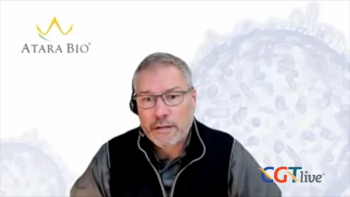
The global head of research and development at Atara Biotherapeutics discussed the future of MS research.
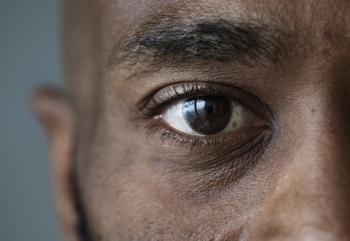
Christina Y. Weng, MD, MBA, Baylor College of Medicine, Houston, discussed therapies for macular degeneration.

The company is planning to initiate a phase 1 trial in the second half of 2022.
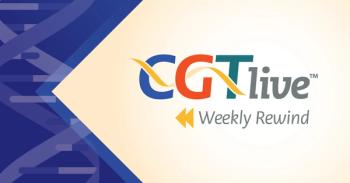
Review top news and interview highlights from the week ending March 11, 2022.

The therapy’s IND has been cleared and a first in-human trial is expected to begin later this year.
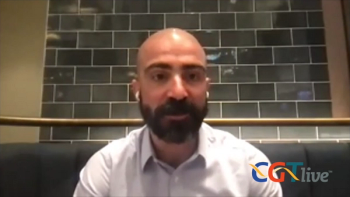
The director of research and development at AVROBIO discussed the molecular follow-up of cell therapies.

The first patient was dosed in the phase 1/2a trial earlier in March 2022.

Patients demonstrated a median reduction of 63.5% in CSF NfL levels 6 months after treatment.

The senior vice president of clinical development at Passage Bio discussed biomarker activity seen in the IMAGINE-1 trial.

Catch up on the latest news, breakthroughs, and announcements from biotechnology companies making advancements in cell and gene therapies.

All patients in the first cohort exhibited increases in APOE2 CSF protein expression.
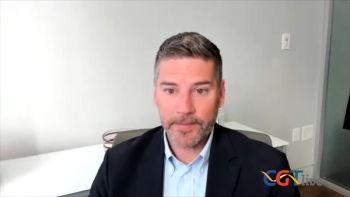
The chief executive officer and director of Freeline Therapeutics discussed the importance of Rare Disease Day.

Patients with ulcerative or Crohn colitis showed improvements in clinical and endoscopic scores.
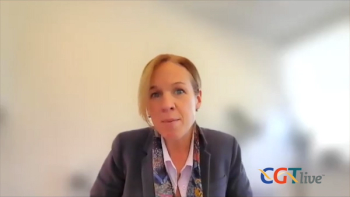
Jennifer Buell, PhD, president and chief executive officer, MiNK Therapeutics, discussed the company’s iNKT cell platform.

Both patients dosed experienced a stable increase in cerebrospinal fluid HexA activity.

The chief scientific officer of the CMT Research Foundation discussed the foundation’s mission.

Oliver Van Oekelen, MD, MSc, resident and PhD student, Icahn School of Medicine, Mount Sinai, discussed findings from a retrospective study.

Review top news and interview highlights from the week ending March 4, 2022.
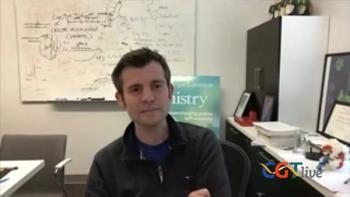
David Taylor, PhD, an assistant professor in the department of molecular biosciences at UT Austin, discussed the Cas9 research conducted between 2 labs at UT Austin.
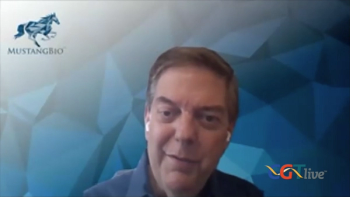
The senior vice president and head of clinical development at Mustang Bio discussed the importance of Rare Disease Day.

The decision is the latest action in a line of patent interferences over the revolutionary gene-editing technology.
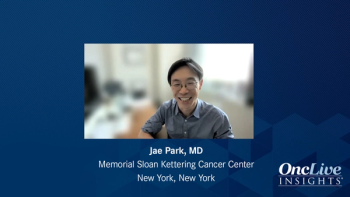
The oncologists from MD Anderson and Memorial Sloan Kettering Cancer Centers discuss sequencing CAR T-cell therapies and other key therapies in patients with B-cell acute lymphoblastic leukemia.

The SARM1 gene is a key driver in the damage that ultimately leads to impaired vision.

Catch up on the latest news, breakthroughs, and announcements from biotechnology companies making advancements in cell and gene therapies.
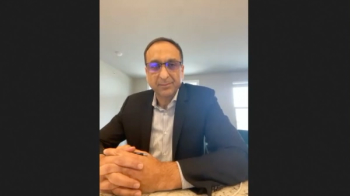
The chief scientific officer of FibroBiologics discussed efficacy findings from a phase 1/2 trial.
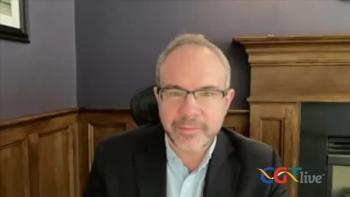
The cofounder and chief scientific officer of Cartesian Therapeutics discussed the importance of Rare Disease Day.

The therapy was well-tolerated in 15 patients and no clinically relevant liver findings were observed.

The CAR T-cell therapy from Janssen and Legend Biotech is the second to receive approval with an indication for treatment of multiple myeloma.
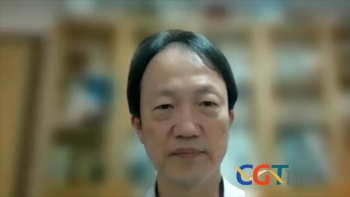
The professor from National Taiwan University Hospital discussed the importance of Rare Disease Day for raising awareness.